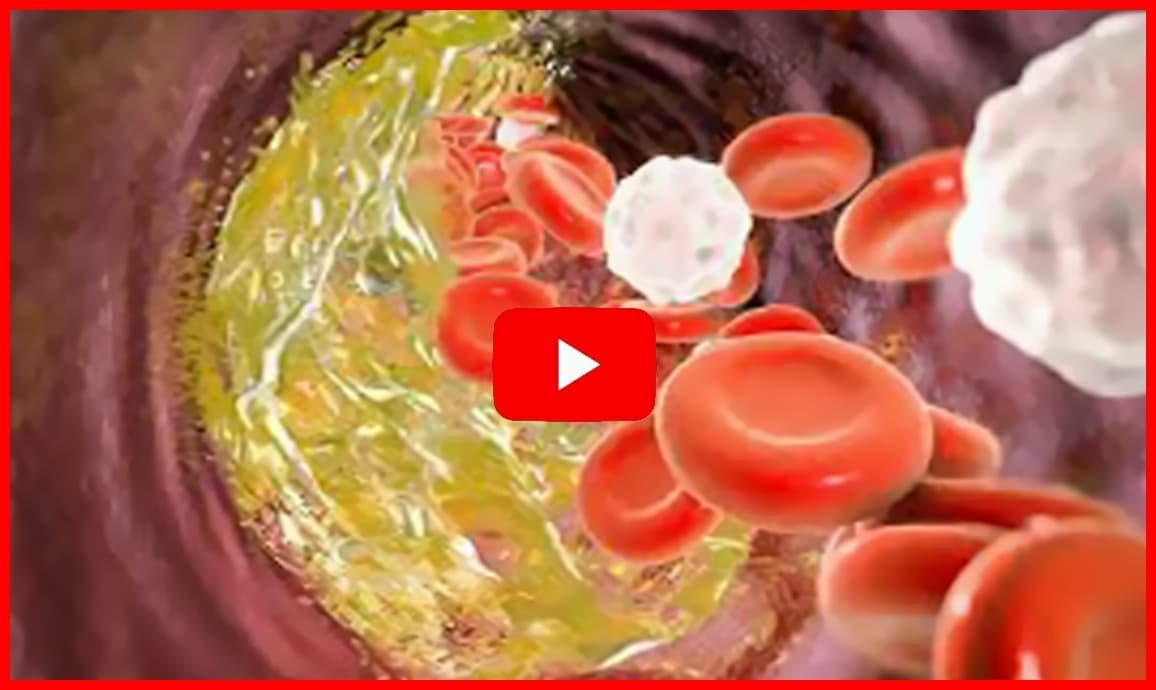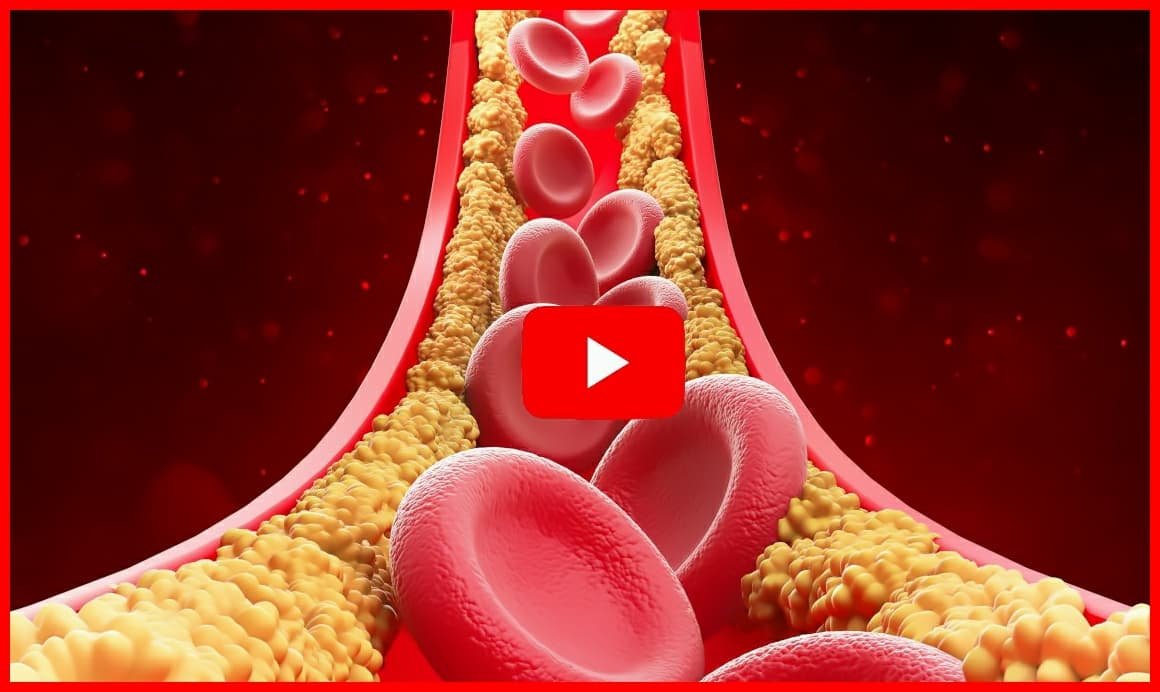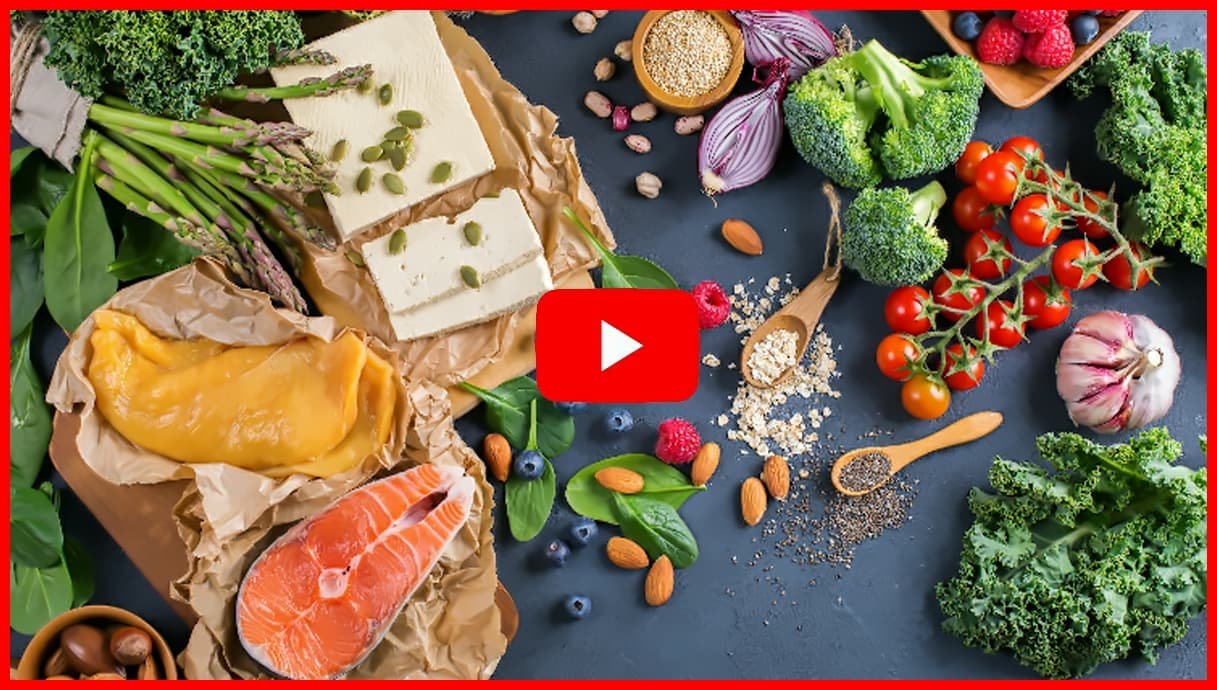Foods to Lower Cholesterol: Nourishing Your Body for a Heart-Healthy Future
One of the most natural and effective ways to manage cholesterol is through dietary choices. The foods you consume daily can significantly influence your lipid profile, helping reduce the risk of cardiovascular diseases while supporting overall well-being. Understanding the key nutrients that lower cholesterol—such as soluble fiber, healthy fats, and plant sterols—is essential for building a heart-healthy eating plan.
1. Soluble Fiber-Rich Foods
Soluble fiber binds cholesterol in the digestive system, preventing its absorption into the bloodstream. Foods rich in soluble fiber include:
-
Oats and barley – Contain beta-glucan, a fiber proven to lower LDL cholesterol.
-
Legumes – Beans, lentils, and chickpeas are packed with fiber and plant-based proteins.
-
Fruits – Apples, berries, pears, and oranges provide soluble fiber and antioxidants that protect arteries from oxidative stress.
Incorporating these foods into meals—whether oatmeal for breakfast, bean salads for lunch, or lentil soups for dinner—can make a significant impact on cholesterol levels.
2. Whole Grains
Whole grains support heart health by providing dietary fiber, vitamins, and minerals. Replacing refined grains with whole grains helps maintain healthy cholesterol levels while promoting satiety and balanced digestion. Examples include:
-
Brown rice
-
Quinoa
-
Whole wheat bread and pasta
-
Barley and bulgur
Consistent consumption of whole grains contributes to long-term cardiovascular health and overall wellness.
3. Healthy Fats
Replacing saturated fats with unsaturated fats can positively impact your cholesterol profile. Foods rich in healthy fats include:
-
Olive oil – High in monounsaturated fats, helps improve lipid profiles and reduce inflammation.
-
Avocados – Contain monounsaturated fats, fiber, and antioxidants.
-
Nuts and seeds – Almonds, walnuts, chia seeds, and flaxseeds support healthy cholesterol levels.
These fats help increase HDL (good cholesterol) and reduce LDL (bad cholesterol), making them essential components of a heart-healthy diet.
4. Omega-3 Fatty Acids
Omega-3s are a type of polyunsaturated fat particularly beneficial for cardiovascular health. They help:
-
Lower triglycerides
-
Reduce blood pressure
-
Decrease inflammation
Sources include fatty fish such as salmon, mackerel, sardines, and trout. Including fish in your diet at least twice a week can significantly enhance heart health.
5. Plant Sterols and Stanols
Plant sterols and stanols naturally block cholesterol absorption in the intestines. Foods fortified with these compounds—like certain margarines, yogurt drinks, and orange juice—can help lower LDL cholesterol when consumed regularly. Pairing these fortified foods with a balanced diet amplifies their cholesterol-lowering effects.
6. Limiting Unhealthy Foods
Equally important is avoiding foods that raise cholesterol, such as:
-
Processed snacks and baked goods containing trans fats
-
Fried foods and fast food
-
Excess sugar and salt
Focusing on whole, minimally processed foods ensures that your diet supports cardiovascular health while providing essential nutrients for overall wellness.
Conclusion
A heart-healthy diet is not about restriction—it’s about nourishing your body with foods that naturally lower cholesterol. By emphasizing soluble fiber, whole grains, healthy fats, omega-3s, and plant sterols, and minimizing processed and fried foods, you can take proactive steps toward better heart health.
Creating a sustainable, enjoyable eating pattern ensures long-term adherence, making it easier to maintain optimal cholesterol levels and support lifelong cardiovascular wellness.
High Cholesterol Symptoms: Recognizing the Silent Signs of Heart Risk
High cholesterol is often called a silent condition because it usually produces no obvious symptoms until significant damage has occurred. Many people remain unaware of elevated cholesterol levels until a major health event, such as a heart attack or stroke, brings the issue to light. This highlights the importance of regular blood tests and screening for early detection and effective management.
Subtle Signs That May Indicate High Cholesterol
Although high cholesterol often goes unnoticed, there are a few visible indicators that can signal elevated levels:
-
Xanthomas: These are fatty deposits under the skin that commonly appear around the eyes, elbows, or knees. Their presence can indicate cholesterol accumulation and warrants further medical evaluation.
-
Xanthelasma: Yellowish patches or plaques on the eyelids, often associated with familial hypercholesterolemia, a genetic condition causing extremely high cholesterol levels. Early recognition of these signs can prompt timely intervention and prevent severe cardiovascular complications.
When Symptoms Start to Appear
High cholesterol itself rarely causes symptoms. However, when it leads to atherosclerosis—the buildup of fatty deposits in the arteries—symptoms may emerge:
-
Chest pain (angina) – due to restricted blood flow to the heart
-
Shortness of breath – from reduced oxygen delivery
-
Leg pain during exertion – caused by narrowed arteries in the legs
These symptoms typically occur only after significant arterial narrowing or blockage, emphasizing the need for early detection.
The Role of Blood Screening
Routine blood tests measure:
-
LDL (low-density lipoprotein) – the “bad” cholesterol
-
HDL (high-density lipoprotein) – the “good” cholesterol
-
Triglycerides – another type of blood fat
These tests provide a comprehensive picture of your lipid profile and help identify those at risk.
Who Should Be Screened
Regular cholesterol screening is particularly important for individuals with risk factors, including:
-
Family history of heart disease
-
Obesity or overweight
-
Sedentary lifestyle
-
Smoking
-
Diabetes
Early detection allows for timely lifestyle changes, medication if necessary, and ongoing monitoring to prevent serious cardiovascular events.
In summary: High cholesterol is often silent but potentially dangerous. Awareness of subtle signs, combined with routine screening and proactive management, can protect your heart and prevent severe complications before they occur.
🏆 Lipid Control Plus is a multi-ingredient food supplement designed for people who want to take comprehensive care of their cholesterol levels, liver health and cardiovascular system. The product has been created on the basis of 8 natural ingredients.
🏆 Regular use of Lipid Control Plus helps to take care of the lipid profile. The product supports detoxification and the flow of digestive juices. Lipid Control Plus also prevents the accumulation of fats and improves their removal by the liver. Consumers will appreciate that the product supports heart health and supports proper liver function.
Cholesterol-Lowering Medications: Navigating Options for Heart-Healthy Management
While lifestyle changes form the cornerstone of cholesterol management, many individuals require medications to reach target levels and effectively reduce the risk of heart disease. Understanding the different classes of cholesterol-lowering drugs empowers you to work closely with your healthcare provider and develop a treatment plan tailored to your needs.
1. Statins – The Most Commonly Prescribed
Statins are the first-line treatment for lowering LDL (“bad”) cholesterol. They work by inhibiting HMG-CoA reductase, an enzyme involved in cholesterol production in the liver.
Benefits:
-
Significantly reduce LDL cholesterol
-
Lower risk of heart attacks, strokes, and related complications
Common statins: atorvastatin, simvastatin, rosuvastatin, pravastatin
Potential side effects:
-
Muscle pain or weakness
-
Elevated liver enzymes
-
Gastrointestinal discomfort
Statins are generally well-tolerated, but regular monitoring is recommended to ensure safety.
2. Bile Acid Sequestrants
These medications, such as cholestyramine and colesevelam, work by binding bile acids in the intestines, preventing their reabsorption. The liver then uses more cholesterol to produce new bile acids, lowering blood cholesterol levels.
Potential side effects:
-
Bloating
-
Constipation
-
Abdominal discomfort
Bile acid sequestrants can be effective for LDL reduction, particularly in individuals who cannot tolerate statins.
3. Ezetimibe – Cholesterol Absorption Inhibitor
Ezetimibe reduces cholesterol absorption from the digestive tract and may be used:
-
Alone, for those who cannot take statins
-
In combination with statins, for enhanced LDL-lowering effects
Ezetimibe is generally well-tolerated and provides an additional option when lifestyle changes and statins alone are insufficient.
4. Fibrates and PCSK9 Inhibitors
-
Fibrates: Primarily lower triglycerides and can modestly increase HDL (“good”) cholesterol. They are useful for managing hypertriglyceridemia.
-
PCSK9 inhibitors: These are injectable biologic drugs (e.g., alirocumab, evolocumab) that dramatically lower LDL cholesterol. They are typically reserved for individuals with:
-
Genetic cholesterol disorders
-
Insufficient response to other therapies
-
Both options provide targeted benefits for specific lipid abnormalities and high-risk patients.
Key Takeaways
Medications are most effective when combined with lifestyle changes. Key strategies include:
-
Following a heart-healthy diet
-
Engaging in regular physical activity
-
Maintaining a healthy weight
-
Avoiding smoking
Regular follow-up with your healthcare provider ensures that your treatment plan remains effective, safe, and personalized to your cardiovascular risk profile.
Conclusion: Embracing a Heart-Healthy Lifestyle for a Better Tomorrow
Understanding cholesterol and its impact on your health is the first step toward a heart-healthy lifestyle. By making informed dietary choices, recognizing subtle signs of high cholesterol, and collaborating closely with your healthcare provider, you can take proactive control of your cardiovascular well-being.
Small, consistent daily habits—such as eating nutritious foods, staying physically active, avoiding tobacco, and managing stress—can significantly influence cholesterol levels and enhance overall quality of life.
Your journey to better health is built on knowledge, commitment, and a positive mindset. Every healthy choice you make today lays the foundation for a vibrant, active, and heart-healthy future. Remember, prevention and early intervention are your strongest tools in reducing the risk of heart disease. Embrace these strategies wholeheartedly, and step confidently toward a life of vitality, wellness, and longevity.
🏆 Lipid Control Plus is a multi-ingredient food supplement designed for people who want to take comprehensive care of their cholesterol levels, liver health and cardiovascular system. The product has been created on the basis of 8 natural ingredients.
🏆 Regular use of Lipid Control Plus helps to take care of the lipid profile. The product supports detoxification and the flow of digestive juices. Lipid Control Plus also prevents the accumulation of fats and improves their removal by the liver. Consumers will appreciate that the product supports heart health and supports proper liver function.
YOU MAY ALSO LIKE:
The Truth About Cholesterol and Heart Disease: What You Should Know
Cholesterol Uncovered: The Truth You Need for Better Health
Understanding Cholesterol: The Ultimate Guide to Heart Health
Managing Cholesterol for a Healthier Life: Simple & Effective Steps
Cholesterol Myths and Facts: Debunking Misconceptions for Heart Health
Your Cholesterol Journey: Embrace Wellness and Heart Happiness
Cholesterol and Your Health: The Essential Guide to Heart Wellness
Cholesterol Control: Tips to Strengthen Your Heart & Live Healthier








